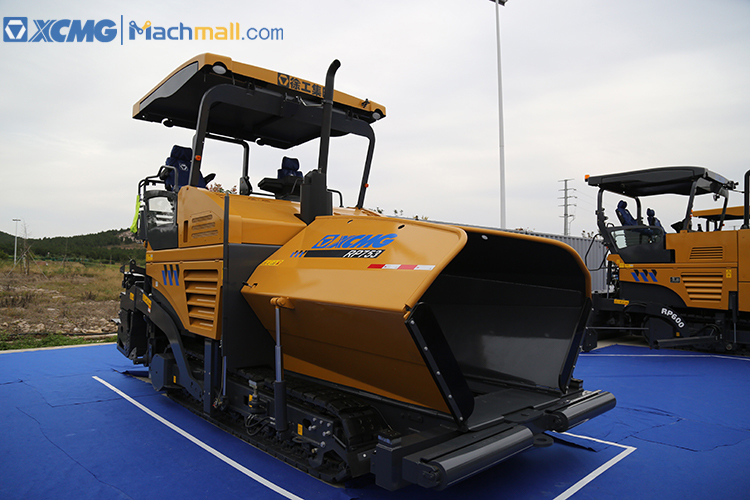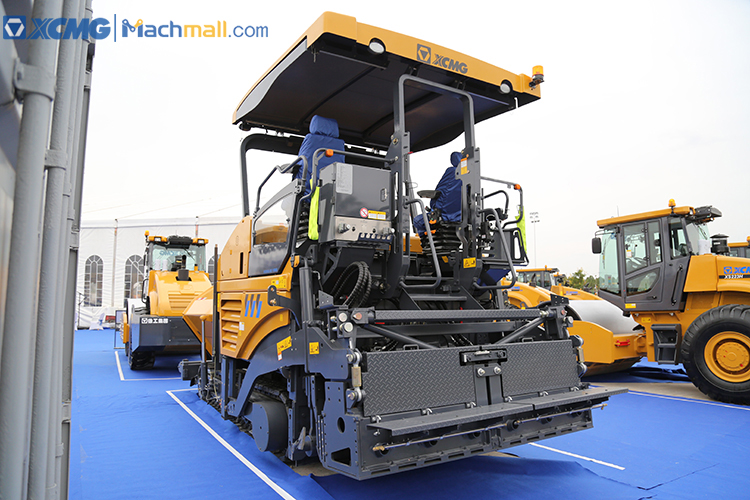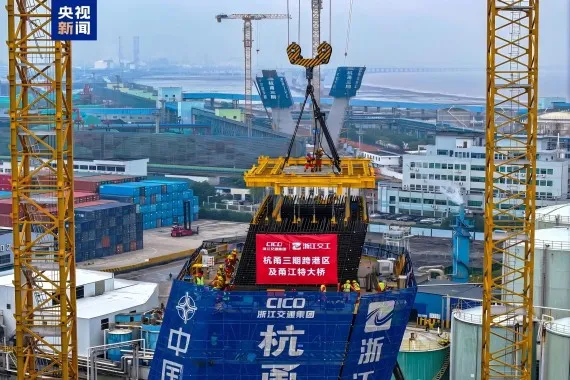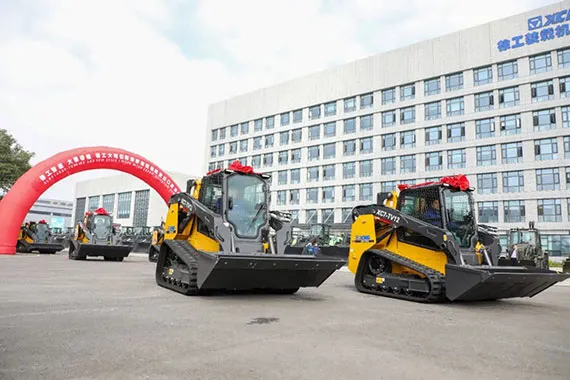How to Acquire Asphalt Pavers
Asphalt paver technology is becoming increasingly sophisticated,
particularly when it comes to onboard control systems and technology to
increase efficiencies and production.
Multiple screed choices give managers even more to consider when buying
an asphalt paver, but the purchase decision still boils down to basics.
“First, consider where and how the paver will be used,” says Keith
Hagy, product manager, Astec (parent of Roadtec). “This includes the
application, size of job, environment, and the crew’s skill and preferences.
You should also consider if you plan to use an MTV [material transfer vehicle].
Next, you’ll need to look at the specific features of the paver, such as flow
gates, quick-change heads, and telematics.”

How to manage asphalt paver costs
To keep costs down, manufacturers stress maintenance, cleaning, and the
use of telematics systems.
“Prevention is always better than repair,” Hagy says. “Take care of
maintenance issues in advance. If you wait until something goes wrong, you’ve
lost control of your schedule and are at the mercy of others to get back on
track.
“One of the easiest things to do is keep the machines clean,” Hagy
says. “A clean machine runs well, saving time and money. Cleaning extends the
wear life, and when the machine is clean it’s easier to see potential issues.”
Hagy is also a proponent of using telematics to monitor systems. Astec/Roadtec’s
system is called Guardian. “This data shows when maintenance is needed,” he
says. “This information is valuable and allows you to schedule maintenance or
repair to maximize time, money, and personnel. Also, before starting work, do a
complete walk- around of the machine,” Hagy says. “Check all lights, fluid
levels, and mechanical parts. At the end of the shift, wash down the machine.
Approved solvent should be used to remove all material.”

Taking advantage of technology beyond telematics is also important when
it comes to increasing productivity and efficiency.
“For example, some paver production reporting allows you to view the performance of your paver as it relates to real productivity,” Hagy says. “You can see tons per day, the day’s total paving distance, the live speed, and the total tons for the life of the machine. Using paver production reporting, the crew, and anyone with access to Guardian Telematics, can see real-time production from a paver to see how the day is going.”



















